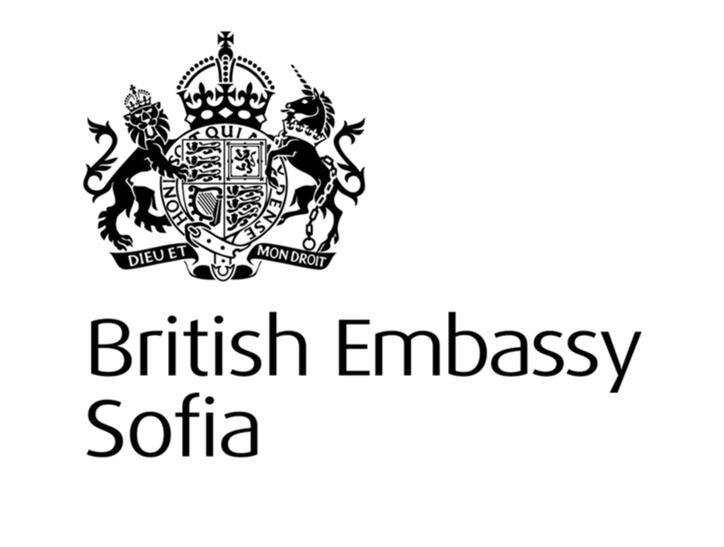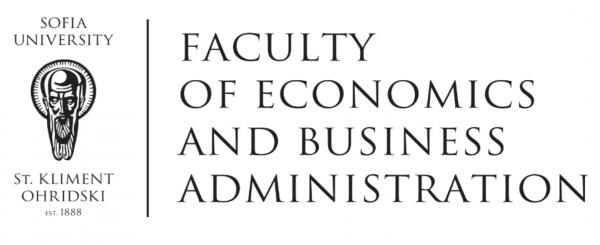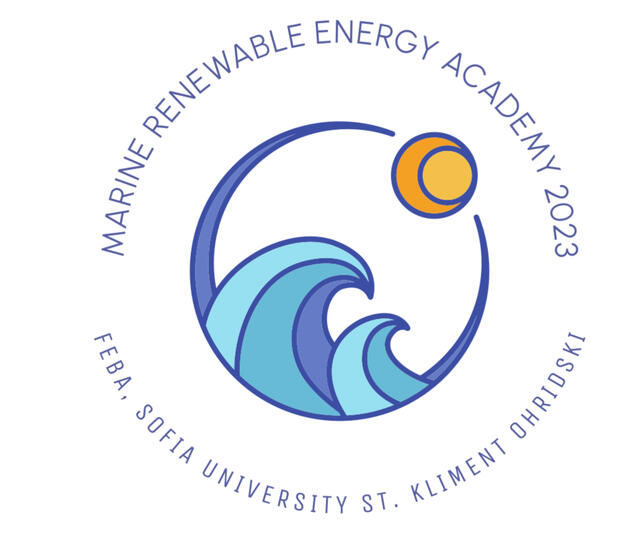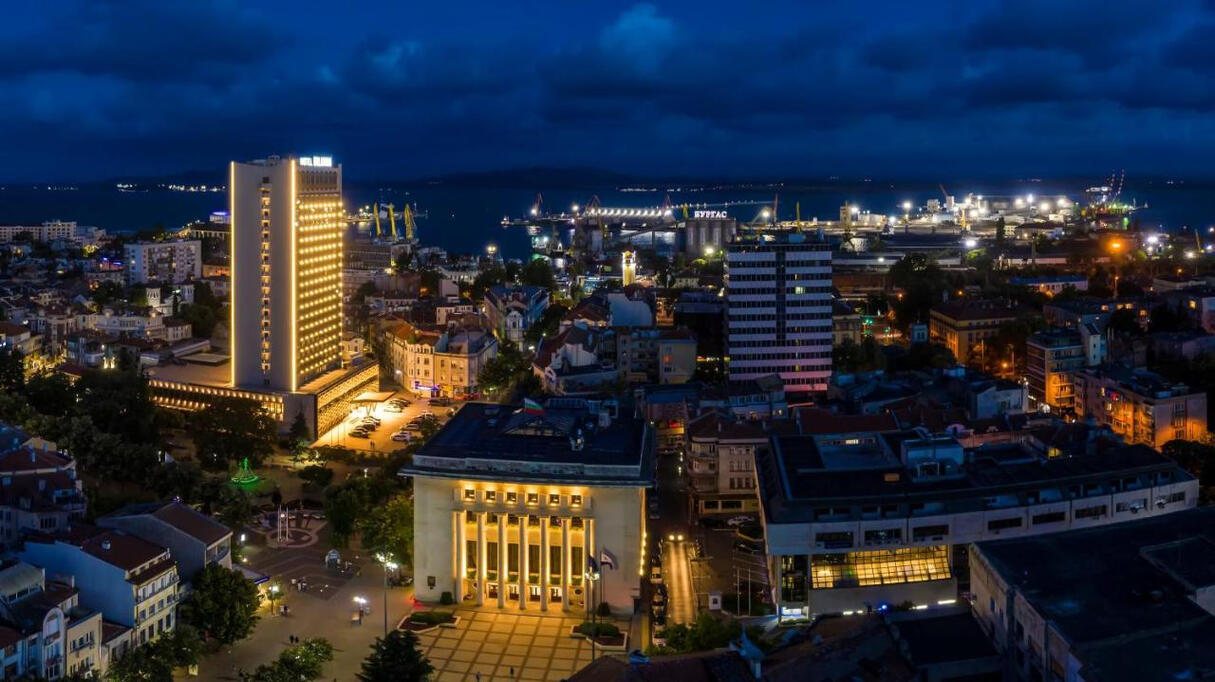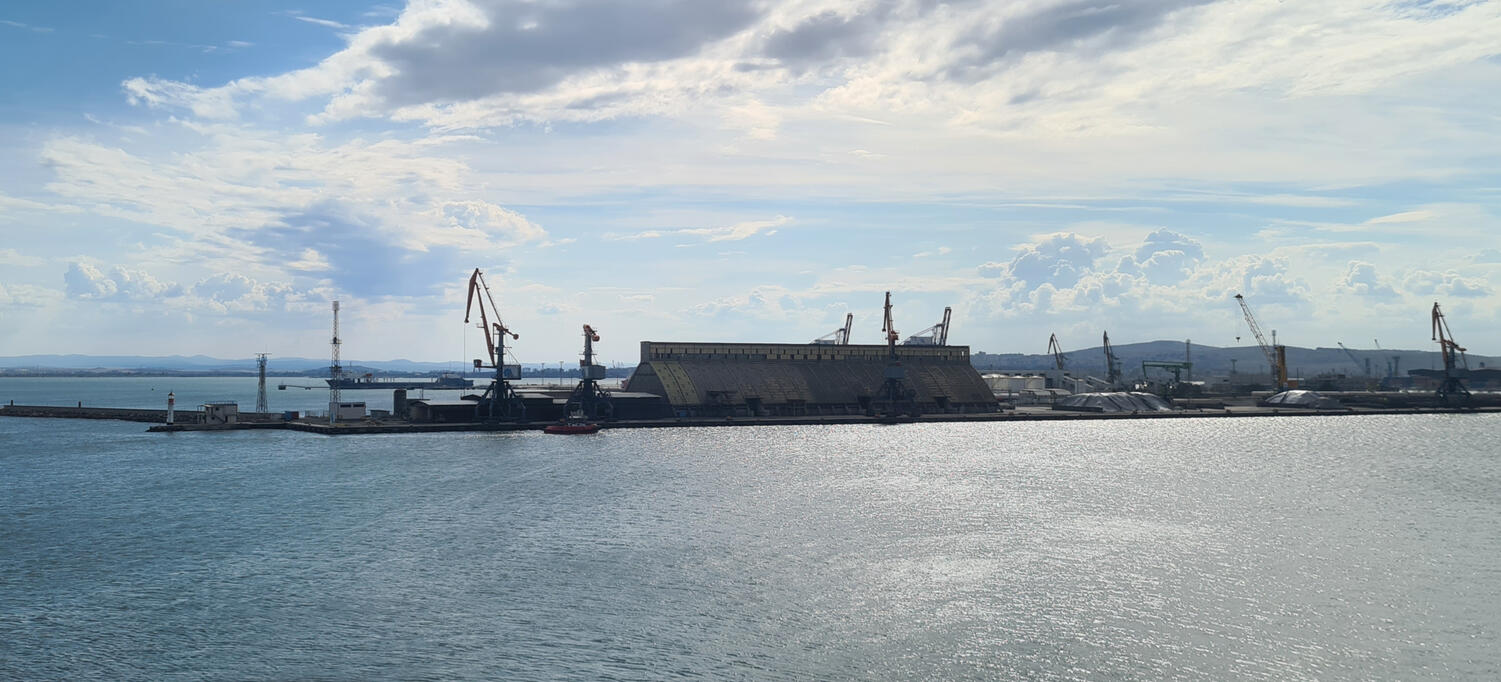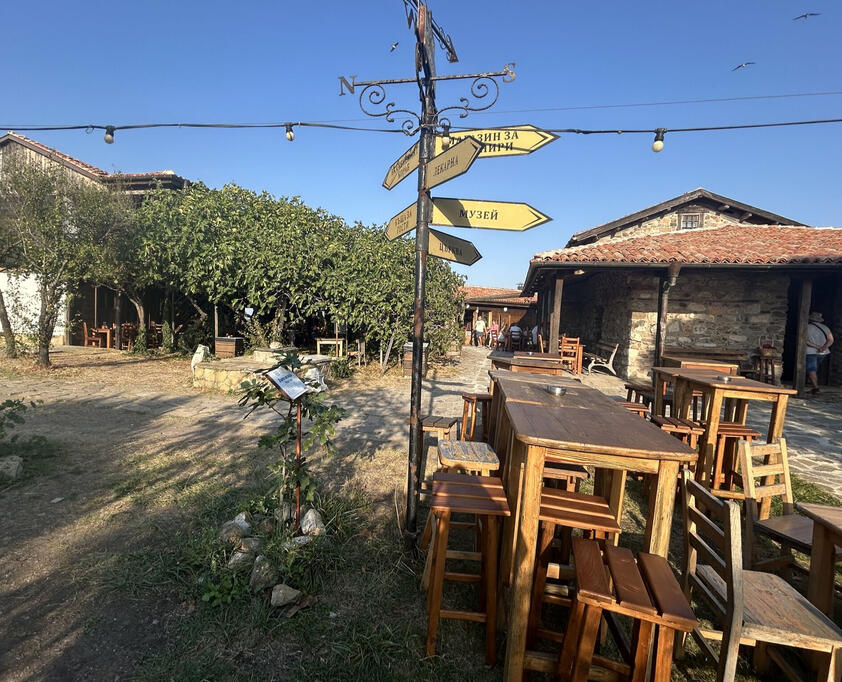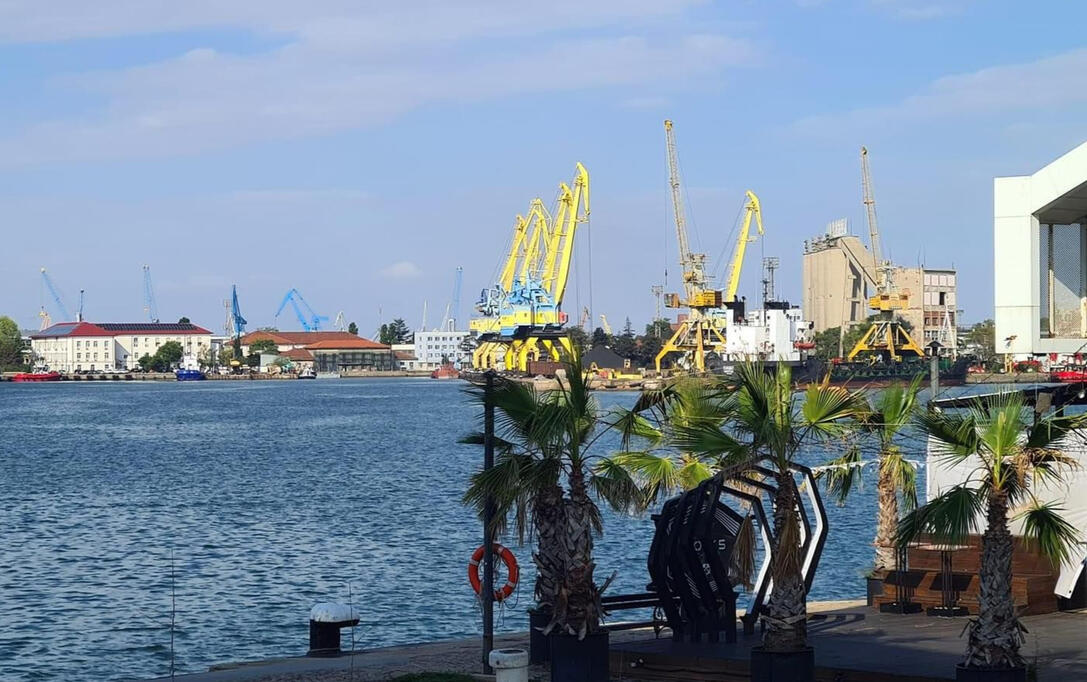Marine Renewable Energy Academy
Burgas, Bulgaria
Application for MREA2025 is now closed. We will soon open the application form for MREA2026, 31.08-04.09.2026- SCHOLARSHIP CALL for students & PhDs from Bulgaria will be open in April 2026- If you are self-paid participant, you will be able to apply anytime.Visit our registration page for more detailed information.
Fourth edition of Marine Renewable Energy Academy
Where?
International Congress Center in the sunny town of Burgas, located on the Bulgarian Black Sea coast.
The Academy is suitable for specialists and academia representatives from the EU and the Black sea region.When?
31.08.-04.09.2026Please, check for more information on registration, accommodation and topics very soon.
Second edition of Marine Renewable Energy Academy
Littoral countries in the Black Sea region are increasingly interested in offshore renewable energy, which will play an important role in reconfiguring the region's energy security and particularly transforming coal dependent regions. Offshore wind energy, in particular, could be leveraged to decarbonize the power sector, enhance innovation deployment, and boost the local economy. Bulgaria, Romania, Greece, and Turkey have taken initial steps towards establishing emerging offshore wind energy markets, and may also deploy other groundbreaking energy technologies with synergies such as floating solar, wave energy, and green hydrogen. These efforts are in response to the European offshore wind energy industry's warning that Europe must tap all of its sea basins until 2026 to meet its offshore energy and climate targets by the end of the decade.The Faculty of Economics and Business Administration of Sofia University launched the first edition of its Marine Renewable Energy Academy in September 2023 and will continue to facilitate the educational program annualy in the first September week.
This five-day international summer school is aimed at young professionals in the region who are interested in innovative technologies for offshore renewable energy.
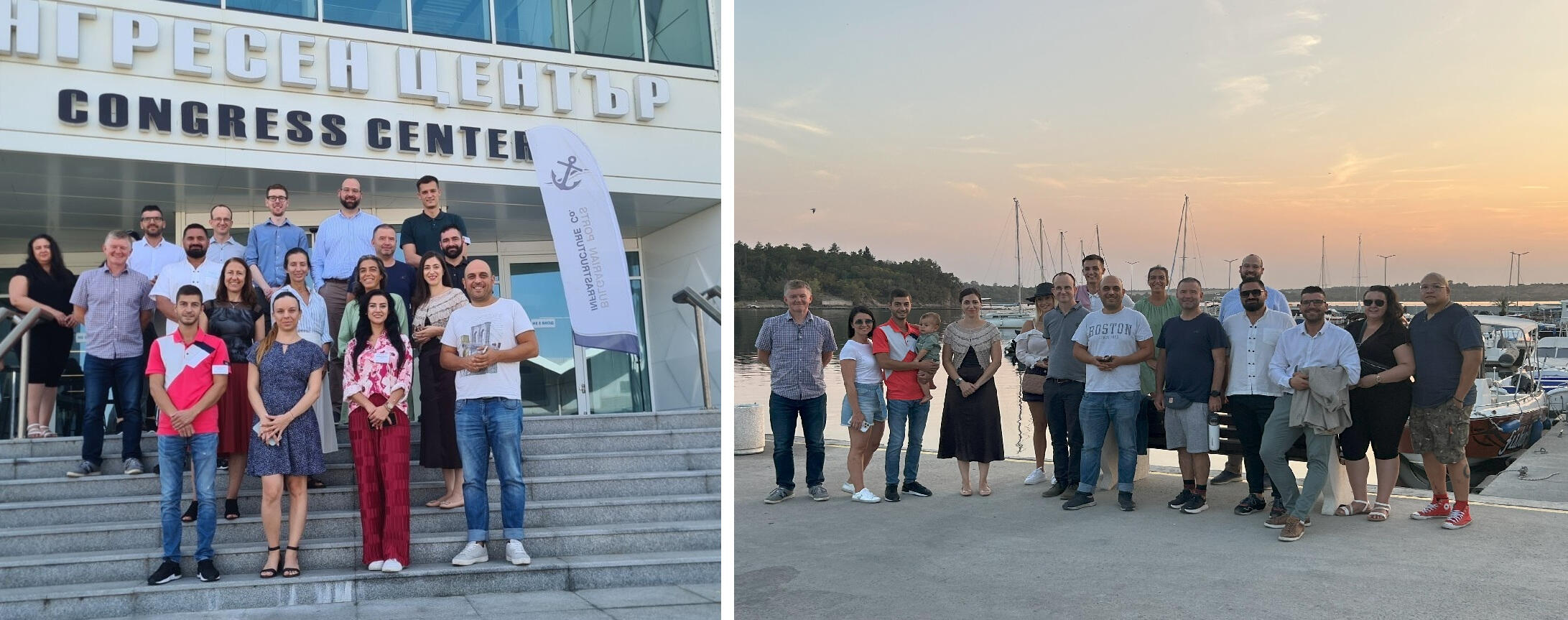
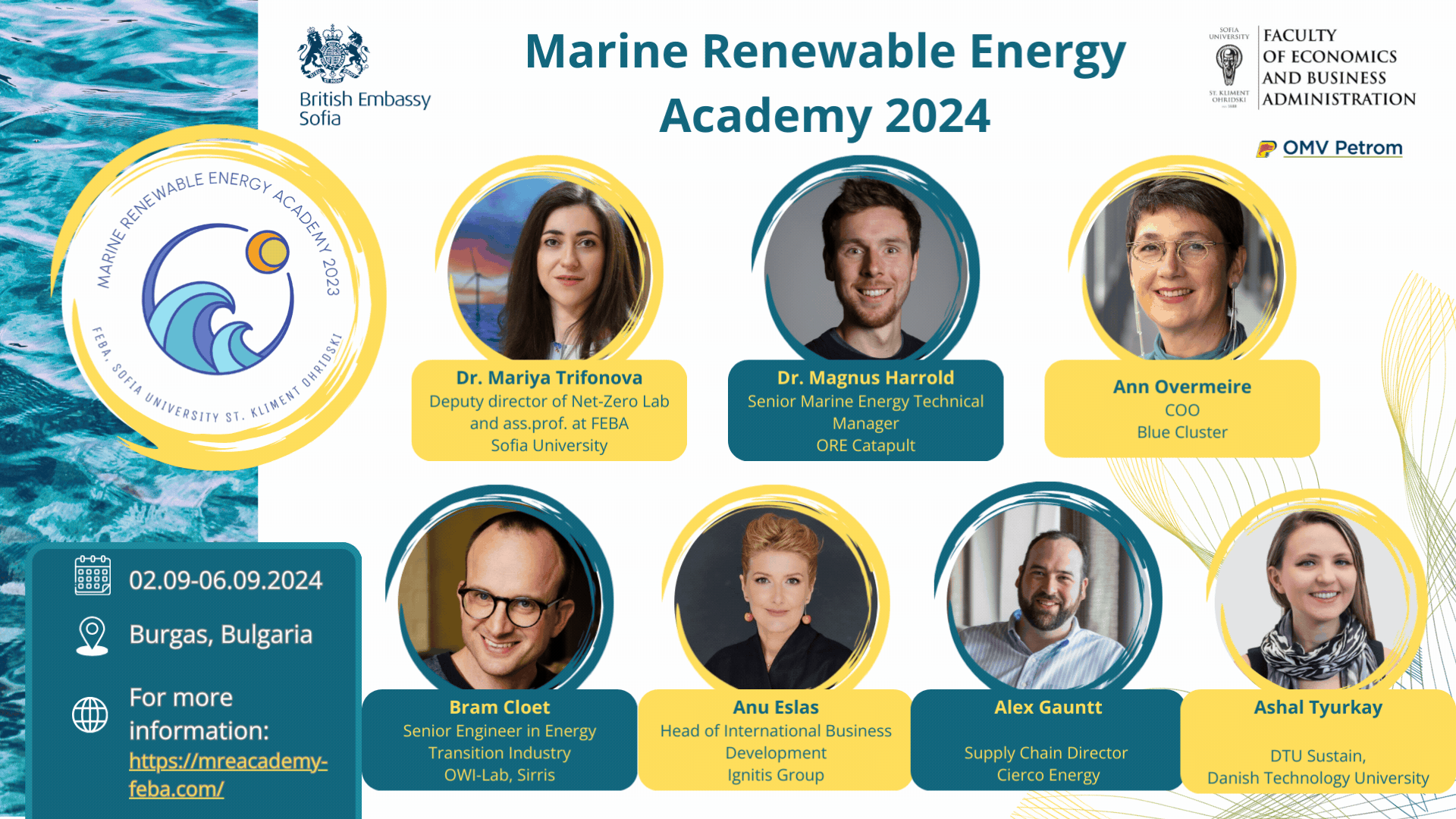
First edition of Marine Renewable Energy Academy
The first edition of MREA gathered more than 25 representatives of countries from the Black Sea region - both students and researchers from academia, as well as a number of practitioners from state institutions and companies. Lecturers from leading academic centers in Great Britain and other countries with experience in this field participate in the training. Prof. Dr. Maurizio Collu, a leading figure in Offshore Renewable Energy Engineering at the NAOME Department of the University of Strathclyde, Glasgow, delved into cutting-edge research on the design of floating offshore wind turbines. Dr Srinivas Sriramula CEng MIMechE, brought over the University of Aberdeen's wealth of experience in transitioning from traditional oil and gas industries to offshore wind and renewables. He put a special focus in his lectures on hydrogen synergies. Dr. Maria A. Petrova, a Bulgarian scholar based in the USA at Georgetown University, presented pioneering research on public attitudes regarding the adoption of wave energy in Oregon. Dr. Anne Velenturf, a key figure in the Resource Recovery from Waste programme at the University of Leeds, presented the principles of circular economy in the wind industry. Dr. Niels-Erik Clausen, an associate professor from DTU, shed light on environmental impact considerations during the planning and development phases of offshore wind farms. Dr. Rachel Brown, marine planning leader at the Marine Management Organisation of the UK Government, shared invaluable insights into maritime spatial planning. Danish practitioner Jørgen Nellemose bringing his immense experience explored the financial, investment, and risk aspects of offshore wind energy projects. Chief Ass. Prof. Dr. Mariya Trifonova led the opening and the closing modules of the Academy.
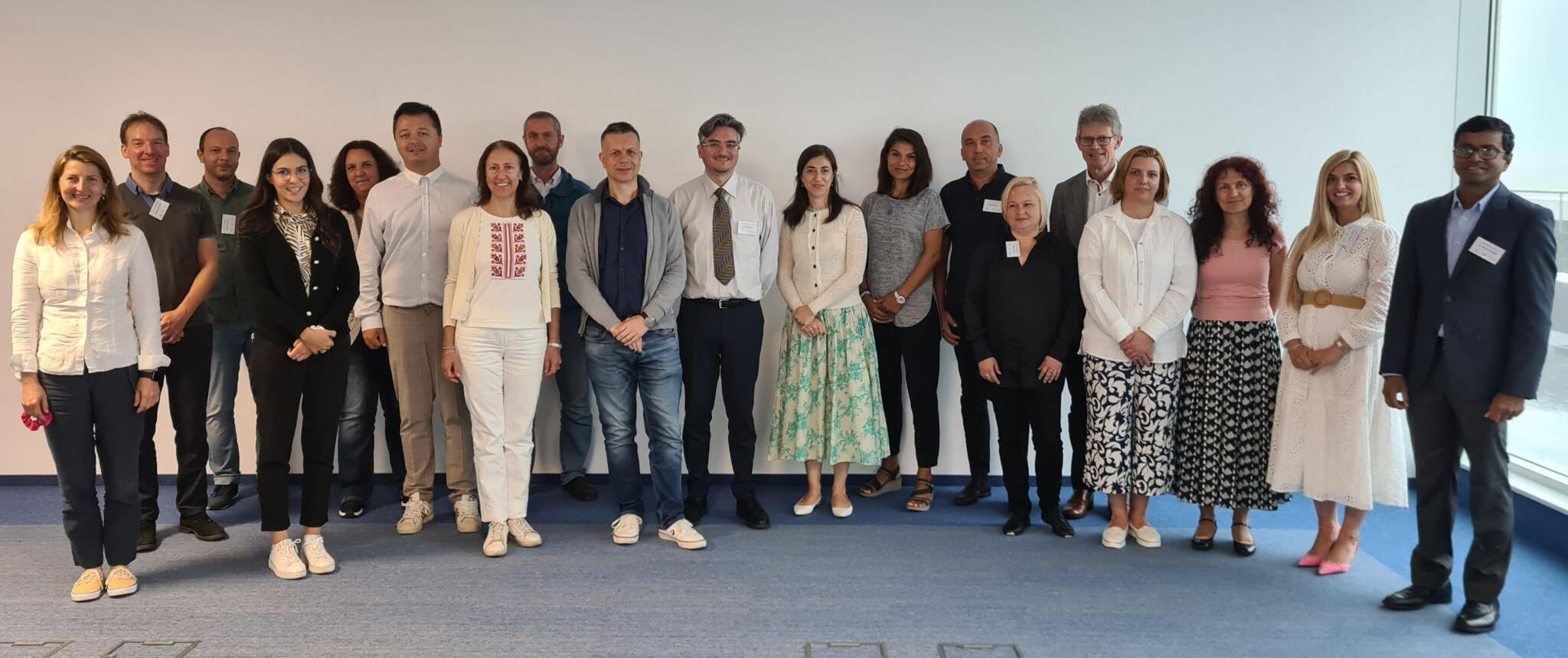
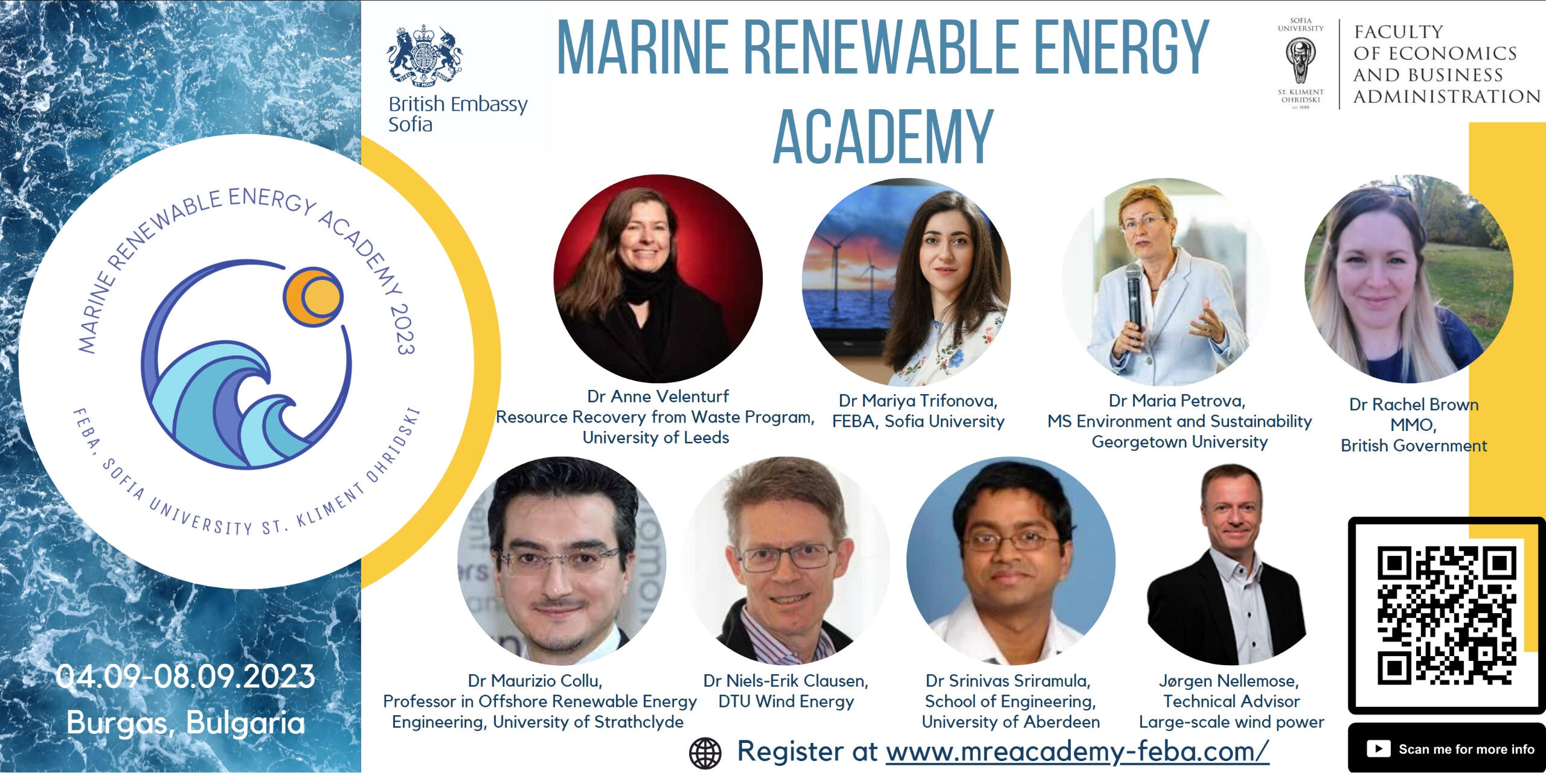
To register for the course, please visit the following link:
Please note that time is given as local Eastern European time (CET+1).
| Day 1: 01.09.2025 | Introduction to Marine Renewable Energy | |
|---|---|---|
| 10:00-10.10 | Welcoming by Assoc.Prof. Atanas Georgiev, Dean of the Faculty of Economics and Business Administration | Assoc.Prof. Atanas Georgiev, Sofia University |
| 10.10-10.20 | Icebreaker | |
| 10:20-11.15 | Opening lecture: Prospects for development and the role of marine renewable energy in the future Net-Zero Economy with focus on the Black Sea Region | Dr. Mariya Trifonova, Sofia University |
| 11.15-12.30 | Enabling Net-Zero: The Strategic Role of Clean Electrification | Simon Price, CRU |
| 12:30-13:30 | Lunch | |
| 13.30-14.30 | Overview of marine renewable energy technologies: wave, offshore wind, floating solar, and ocean thermal energy conversion (OTEC). Review of the advantages and challenges of marine renewable energy compared to traditional fossil fuels and other renewable energy sources. | Dr. Mariya Trifonova, Sofia University |
| 14:45-16.15 | Upgrading Ports for the Floating Wind Era | Gavin Mc Bride, Enerview Solutions |
| Day 2: 02.09.2025 | Technological Advances and Innovations | |
|---|---|---|
| 9:00-10:30 | Overview of the latest technological advances and innovations in offshore wind energy | Andrew Stormonth-Darling CEng, ORE Catapult |
| 10:45-12:15 | Building a Floating Offshore Wind Industry | Andrew Stormonth-Darling CEng, ORE Catapult |
| 12.30-13.20 | European SET Plan Implementation: R&I Agenda of the Offshore Wind Industry | Dr. Mariya Trifonova, ETIP Wind Steering Committee Member |
| 13.20-14.20 | Lunch | |
| 14:20-15:30 | Harnessing Offshore Wind and Marine Renewables for Sustainable Hydrogen and Ammonia Production | Muhammad Usman Siddiqi, University of Bath (online intervention) |
| 15.45 -16.30 | Innovation in co-locating marine renewable energy projects | Dr. Mariya Trifonova, ETIP Wind Steering Committee Member |
| 18:00-22:00 | Social event: Visit of Local Fishermen's Village |
| Day 3: 03.09.2025 | Planning and Project Development in Marine Spaces. Research Projects Fair, part 1 | |
|---|---|---|
| 9:00-10.15 | Planning and development of offshore wind farms in emerging markets | Jørgen Nellemose, Perpetuum Energy |
| 10:30-12:00 | Risk Management | Jørgen Nellemose, Perpetuum Energy |
| 12:00-13:00 | Lunch | |
| 13:00-14:00 | Ocean REFuel Project: Understanding Public Acceptance of Hydrogen and Ammonia-Based Marine Energy Solutions | Muhammad Usman Siddiqi, University of Bath (online intervention) |
| 14.10-14.40 | Blue Gates: Blue and Intelligent Transformation in the Black Sea region | Ms. Zoya Stoyanova, Municipality of Burgas |
| 14.45 -15.30 | JustWind4All Project: Holistic Assessment of Wind Energy Potential | Maria Cobacho Calvo, University of Barcelona |
| 15.40-16.30 | WindLab 1, edition 5: Offshore Wind in Bulgaria: Exploring Trade-Offs through Stakeholder Dialogue | Co-creation activity, open for external participants |
| 16.30-20.00 | Social event: Group visit to St. Anastasiya Island |
| Day 4: 04.09.2025 | Environmental Impacts. Research Projects Fair, part 2 | |
|---|---|---|
| 9:00-9.45 | Application of Innovative Technologies for Environmental Monitoring in the Black Sea, | Assoc. Prof. Dr. Teodor Kostadinov, Burgas Free University |
| 9.45-10.45 | Bird monitoring in coastal and marine ecosystems in Bulgaria: history, present state and future perspectives relevance to offshore wind projects. | Nikolay Yordanov, Kiril Bedev and Pavel Zehtindjiev (Institute of biodiversity and ecosystem research - BAS) |
| 11.00-12.00 | Managing the Environmental Impact of Offshore Wind: Insights and Case Studies from Belgium | Dr. Ine Moulaert, Flemish Marine Institute (VLIZ) (online intervention) |
| 12:00-13:00 | Lunch | |
| 13:00-14:30 | From Permitting to Power Generation: The Offshore Wind Farm Journey | Alexandru Grosaru, Pronewable Developement, Cathie |
| 14:45-16:15 | Leadership in the Wind Energy Transition: Governance Principles and Participatory Best Practices (Lecture & Societal Exercise) | Stéphanie van der Raad, DRIFT FOR TRANSITION, Erasmus University of Rotterdam |
| Day 5: 05.09.2025 | Policy and Regulation. Economics and Finance | |
|---|---|---|
| 9:00-10:30 | Discussion of the policy and regulatory frameworks governing marine renewable energy, including local, national and international policies and strategic directions. | Dr. Mariya Trifonova, Sofia Universiy |
| 10.40-11.25 | WIMBY Project: Holistic modelling tools to advance social awareness and engagement on large wind power installations in the EU | Dr. Luis Eduardo Ramirez Camargo, Utrecht University (online intervention) |
| 11:30-12:30 | Investment models: CAPEX, OPEX, WACC, LCOE, Parameters for Profitability. Social-economic effects of CfDs | Dr. Mariya Trifonova, Sofia University |
| 12.30-13.30 | Lunch | |
| 13.30-14.20 | What makes an energy infrastructure project investable? Inside the criteria of a Renewable Energy Fund | Borislav Kostadinov, Finance in Motion Investment Fund (online intervention) |
| 14:30-15:30 | Investment Challenge | |
| 15:30-16:00 | Certificate Awarding |
The Academy takes place in the picturesque coastal city of Burgas, known for its sunny climate and vibrant atmosphere. Our venue, the modern Congress Center, is ideally located between the lush Sea Garden and the lively Burgas Port, offering participants the perfect blend of scenic beaches, cultural charm, and dynamic waterfront energy.
Participants can be accommodated in hotel Bulgaria, locate in the city center and in walking distance to the venue of the Academy.
Registration for the 2025 edition is now closed!
We look forward to welcoming you to the fourth edition of the Academy, scheduled for September 2026.
----------------------------------------
The participation fee of 360 Euros (VAT included) covers lunch snacks, coffee breaks, lecture materials and networking events.For students and PhD candidates we offer reduced registration fee of 250 Euro.Students and PhD candidates may also apply for 10 subsidized enrolment places funded by OMV Petrol through OMV Offshore Bulgaria. The application is submitted under https://forms.office.com/e/iH8QGkv2Da
Certificates will be issued to participants attending all five days.Participants registered until 15.06.2025 can enjoy preferential rates for accommodation at Hotel Bulgaria, with prices ranging from 65 Euros (standard room) to 85 Euros. Please see section Location for more information.
Contacts
mgtrifonova@feb.uni-sofia.bgMariya Trifonova, PhDChief Assistant ProfessorDepartment of Industrial Economics and ManagementFaculty of Economics and Business Administration
Sofia University St. Kliment Ohridski
1113 Sofia, 125 Tsarigradsko Shose Blvd., bl.3,
Благодарим ви!/ Thank you!
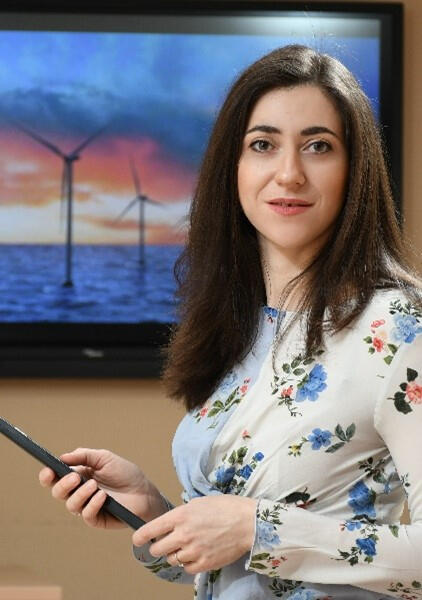
Sofia University,
Faculty of Economics and Business Administration
MREA Director and Lecturer of MREA 2023, 2024, 2025 editions
Scroll down to read moreAss.Prof. Dr. Mariya Trifonova brings 13 years of experience with Renewable Energy Sources (RES) technologies. She is also deputy director of Net-Zero Lab and lecturer at FEBA where she teaches RES and biofuels, Sustainable development of energy systems, Green and circular economy. Her Ph.D. focuses on institutional factors for RES development in three EU countries, and she has also conducted various studies on social acceptance of renewable energy technologies. Dr. Trifonova is the author of the first techno-economic assessment of offshore wind energy potential in the Bulgarian section of the Black Sea based on nation-specific data and was part of the working group that drafted the offshore wind legislative act in Bulgaria. She is a member of the steering committee of ETIPWind and former coordinator of the BLUECEE initiative aimed at establishing the Black Sea Renewable Energy Coalition, replicating Offshore Coalition for Energy and Nature (OCEAN). Dr. Trifonova is also a member of the research team of the Horizon-funded JustWindforAll and she served as co-chair of the Energy Transition Commission, a sub-committee of the Bulgarian Ministerial Council’s Advisory Body on the European Green Deal. Dr. Trifonova co-authored knowledge pieces on sustainable renewable energy deployment for Cohesion4Transition community of practice (DG Region).

Offshore Renewable Energy (ORE) Catapult,
United Kingdom
Lecturer of MREA 2025
Scroll down to read moreAndrew Stormonth-Darling has almost 17 years of experience in the offshore wind sector, covering a diverse array of disciplines and activities. Built on an engineering foundation, he has worked in wind turbine service sales, offshore logistics, port infrastructure development and the testing of novel turbine access solutions. In recent years with the ORE Catapult, Andrew has focused on leading broad collaborative initiatives in the UK, from those of the Offshore Wind Industry Council, the Fit4 Offshore Renewables programme and most recently the Floating Offshore Wind Centre of Excellence, culminating in his current position responsible for the company's floating wind portfolio.

University of Bath, United Kingdom
Lecturer of MREA 2025
Scroll down to read moreDr. Siddiqi is a Research Associate in the Department of Psychology at the University of Bath and an Honorary Research Fellow at the Centre for Energy Policy, University of Strathclyde. He is part of Ocean REFuel team at University of Bath and Cardiff University, where his research examines public perceptions and attitudes towards the use of hydrogen- and ammonia–containing systems as potential future energy storage and fuels in industrial and domestic applications as key elements for the transition to renewable energies.
Dr. Siddiqi holds a PhD in public policy from Oregon State University, USA. His previous research explores the human dimensions of energy and environmental issues and their intersection with extreme weather events. One stream of his research explores how socio-psychological factors shape public preferences for energy, food, and water policies. Another examines the impacts of extreme weather events on disaster preparedness, community helping behaviours, and support for climate mitigation and adaptation policies. He has extensive university teaching experience in the United States and Pakistan, along with vast managerial and administrative experience in academic settings.
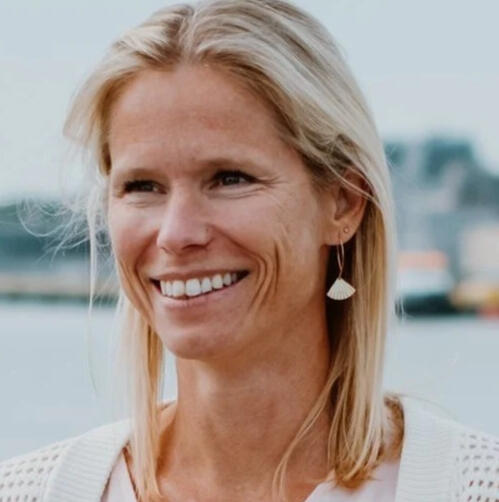
Flemish Marine Institute, Belgium
Lecturer of MREA 2025
Scroll down to read more
Ine Moulaert holds degrees in physical geography and Marine Science. She started her career working as a researcher at the Institute of Fisheries in Belgium, studying the impact of human activities on the marine environment. After 5 years, she joined the company Jan De Nul as an environmental advisor where she worked on international dredging and offshore projects.Since 5 years Ine has been working at the Flemish Marine Institute where she facilitates the valorization of scientific marine research towards policy and the industry of the blue economy. Her main focus is on Nature-based and Nature-enhancing Solutions for Coastal management and Offshore Energy.
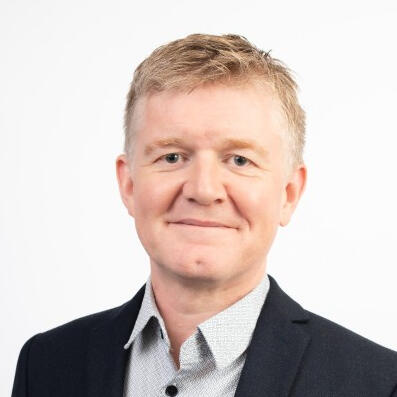
CRU Group/ Exawatt, United Kingdom
Lecturer of MREA 2025
Scroll down to read moreEng. Simon Price is Director of Energy Transition for CRU, the commodity business intelligence company, where he focuses on technologies that enable decarbonisation through electrification, including renewable energy generation, battery storage, power conversion and electric vehicles.
He has been involved in the sector since 2008, as a co-founder of two solar industry startups. In 2015, he founded solar, battery and EV cost and performance forecasting company Exawatt. The company was acquired by CRU in early 2023.
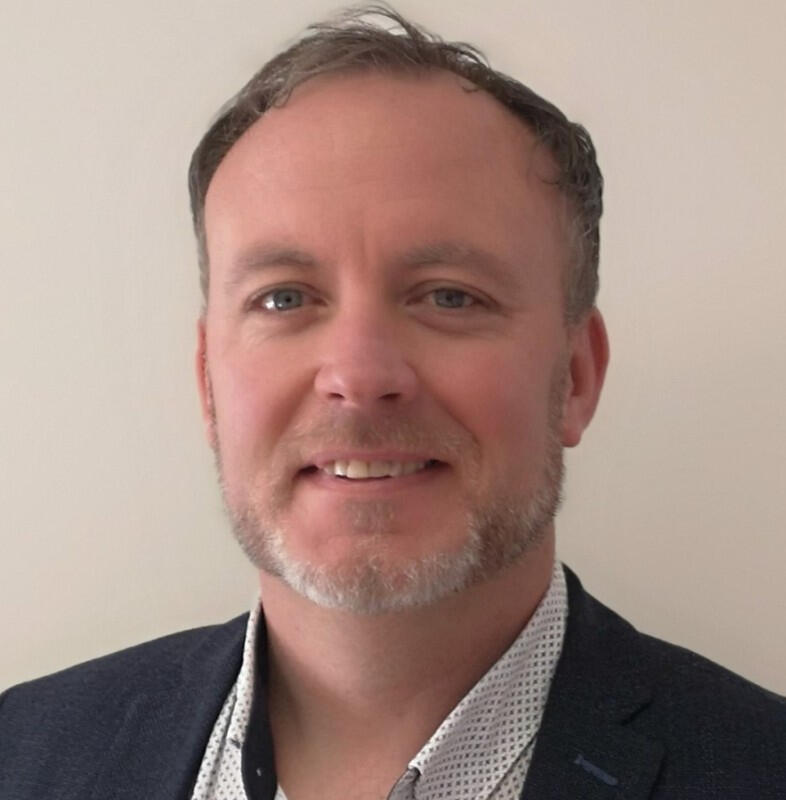
Enerview Solutions, Ireland
Lecturer of MREA 2025
Scroll down to read moreGavin McBride, CEO of Enerview Solutions, brings over 24 years of experience in the renewable energy sector, with a strong focus on offshore wind. He has worked with multinational companies and high-value private sector clients across all stages of the onshore and offshore wind supply chain. A recognized leader in the offshore wind industry, Gavin's expertise spans project development, installation, operations & maintenance, supply chain development, market entry strategies, and workforce training.Notable projects include early offshore developments like Arklow Bank and Beatrice, large-scale installations such as Hornsea 1 & 2, and international advisory roles in Taiwan, Brazil, and the USA. Gavin has also led initiatives in training and upskilling for the offshore wind workforce, including establishing a GWO training centre and supporting key suppliers' transition into the sector.
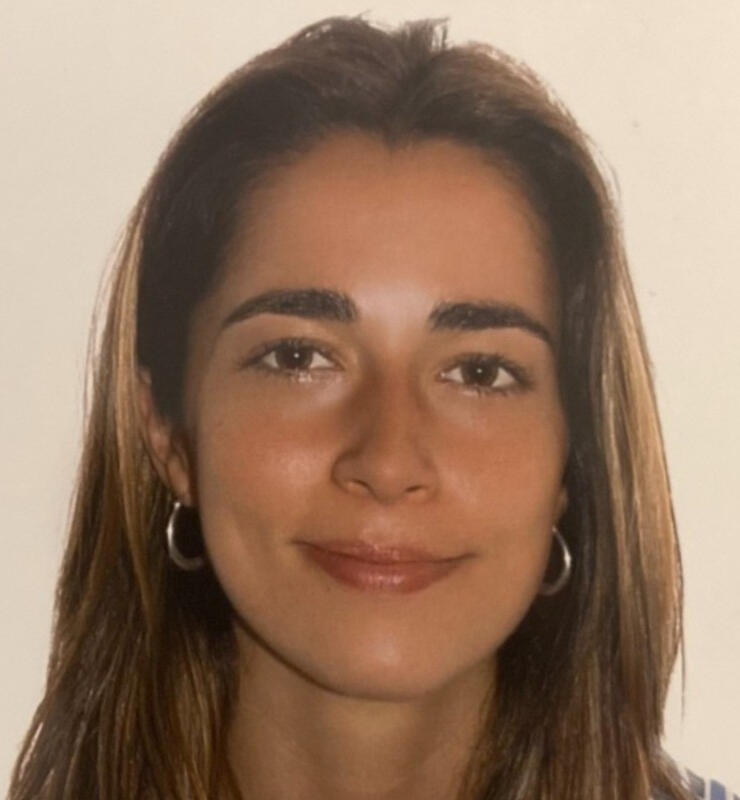
University of Barcelona, Spain
Lecturer of MREA 2025
Scroll down to read moreMaria Cobacho Calvo, graduated in Statistics at Universitat de Barcelona (UAB) and Universitat Politècnica de Catalunya (UPC), Mariya employes programming tools such as R, SAS, C#, and Python in the research of renewable energy technologies' impact.She pursued a Master's in Research and Innovation in Computer Science and Engineering at Universitat Autònoma de Barcelona (UAB) to strengthen her knowledge in Computational Science and Research. The degree permitted her to undertake an internship at Institut de Ciències i Tecnologia Ambientals (ICTA), leading her to work on the JustWind4All project, while developing her thesis about Bulgaria's energy transition. This experience allowed her to deepen her knowledge in Life Cycle Assessment (LCA) and socio-ecosystem analysis, with a particular focus on the energy transition.

Independent Consultant, Practitioner, Denmark
Lecturer of MREA 2023 and MREA 2025
Scroll down to read moreJørgen Nellemose is a practitioner with over twenty years of industry experience working in the energy and renewables industry.
He currently acts as Lender's Technical Advisor on large-scale on-/offshore wind power and solar projects and has a vast international experience within the due diligence process, supporting and providing market input to investment projects and business development initiatives, globally, to stakeholders such as developers, utilities, banks, and pension funds.
Mr. Nellemose led a variety of technical and commercial projects across Scandinavia, the UK, Germany, Poland, the Netherlands, Spain, the USA, Mexico, Panama, Columbia, the Middle East, Togo, Nigeria, Angola, Rwanda, Taiwan, Japan, South Korea, Singapore, and China.
He has developed a new cutting-edge risk management framework (incl. qualitative and quantitative risk assessments and stress testing) supporting several projects in Europe and Southeast Asia to advise developers how to improve bids/competitiveness, decrease insurance premiums and be in control, cost- and timewise, through all project phases. Mr. Nellemose is one of the initiators of the creation of the Global Wind Organisation.
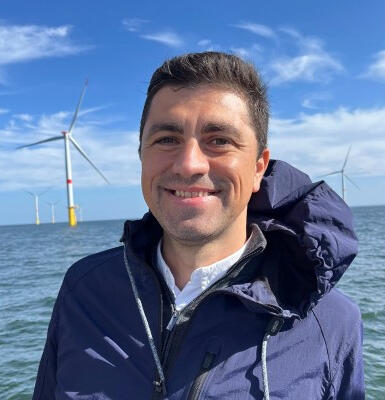
Consultant, Belgium
Lecturer of MREA 2025
Scroll down to read moreAlexandru Grosaru is Business Development and Commercial Manager of Pronewable Developmenas well as Senior Geotechnical Engineer for Cathie Associates. He has extensive experience both in Europe and other global offshore wind markets such as Taiwan (Republic of China), Japan, Philippines and Australia as geotechnical consultant and project manager.
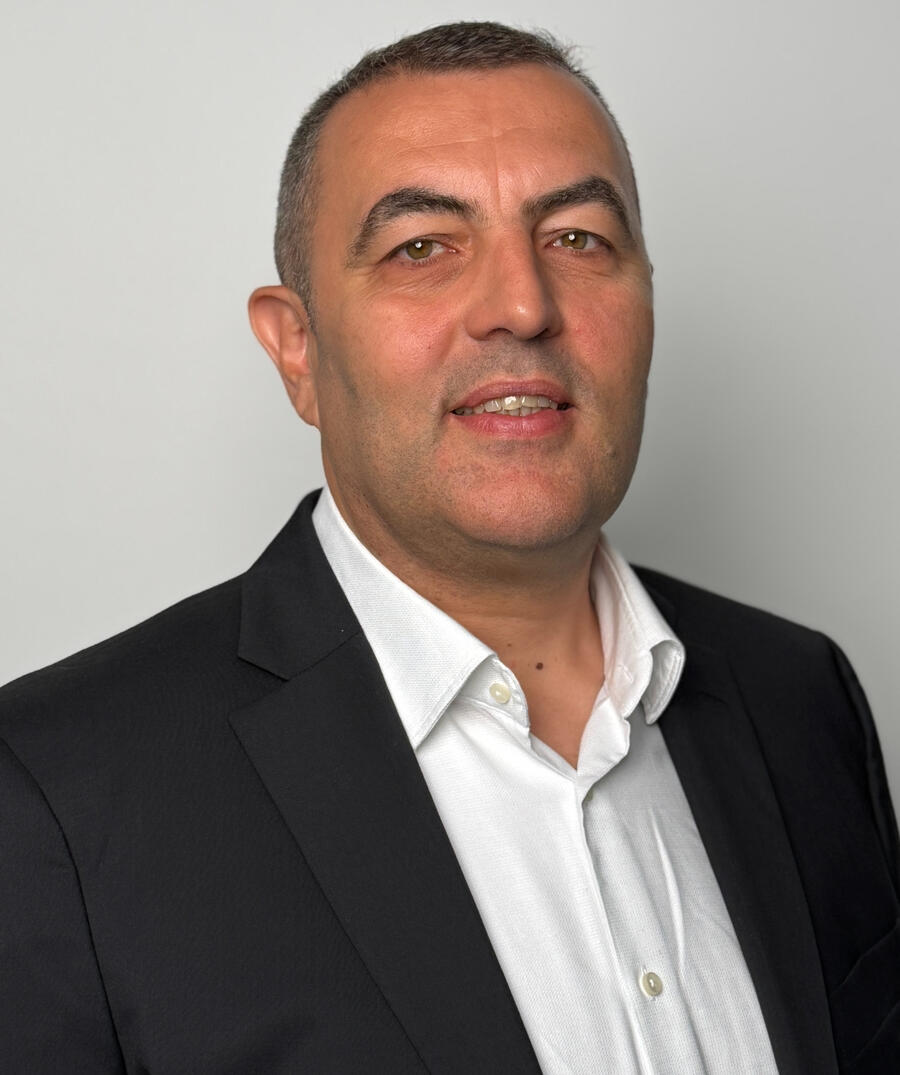
Asset Manager, Finance in Motion, Bulgaria
Lecturer of MREA 2025
Scroll down to read moreBorislav Kostadinov is an accomplished banker and asset manager with over 25 years of experiencein the financial industry. As Fund Director at Finance in Motion, he has led the Green for GrowthFund’s (GGF) mandate since 2021, doubling its portfolio to over EUR 1 billion. GGF, co-initiated byKfW and the EIB in 2009, promotes energy and resource efficiency and renewable energy projectsacross its target regions.Previously, he held CEO and Board-level roles at the ProCredit Banking Group. As a Group CEO heinitiated and led the ground-breaking green finance strategy of the group, which was integratedsuccessfully in less than 5 years into its business model and guided the implementation of theGerman Ma-Risk standards across subsidiaries. Borislav has been a member of 9 Boards of Directors(Chaired 5) of the group’s subsidiaries across Eastern European, incl. Bulgaria and African emergingmarkets. He oversaw the group’s successful listing on the Frankfurt Stock Exchange (Prime Standard)and the subsequent oversubscribed capital raise in 2018, as well as the successful placement of itspioneering inaugural Green Bond in 2019. Borislav is born in Burgas and holds an MBA degree fromSofia University St. Kliment Ohridsky.
Lecturers of MREA 2024
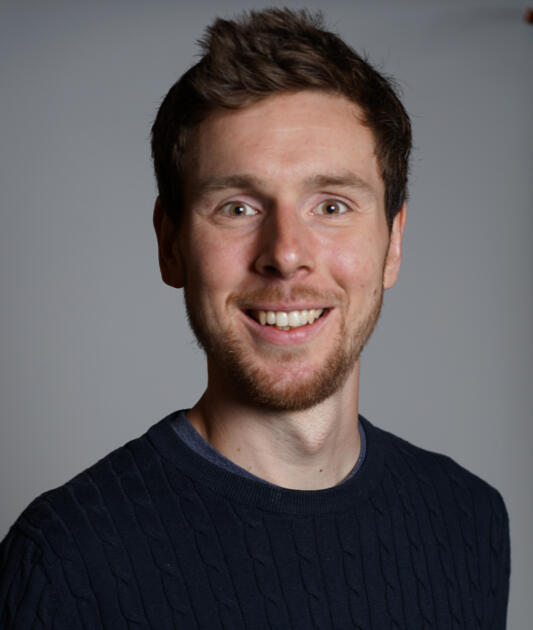
Offshore Renewable Energy (ORE) Catapult,
United Kingdom
Lecturer of MREA 2024
Scroll down to read moreDr. Magnus Harrold is the Senior Marine Energy Technical Manager at the Offshore Renewable Energy (ORE) Catapult, the UK’s leading technology innovation and research centre for offshore renewable energy. He leads on ORE Catapult’s marine energy activity, managing a range of collaborative R&D projects to support the development of wave and tidal technologies, as well as projects that investigate and provide evidence of the wider benefits of marine energy to influence policymakers.Magnus has an Engineering Doctorate (EngD) in offshore renewable energy, with his thesis focusing on the design, development and testing of one of the world’s first full-scale tidal stream turbines. He is also a Chartered Engineer and a member of IEC’s Technical Committee 114, where he contributes his knowledge and experience to the development of international standards for the marine energy sector.
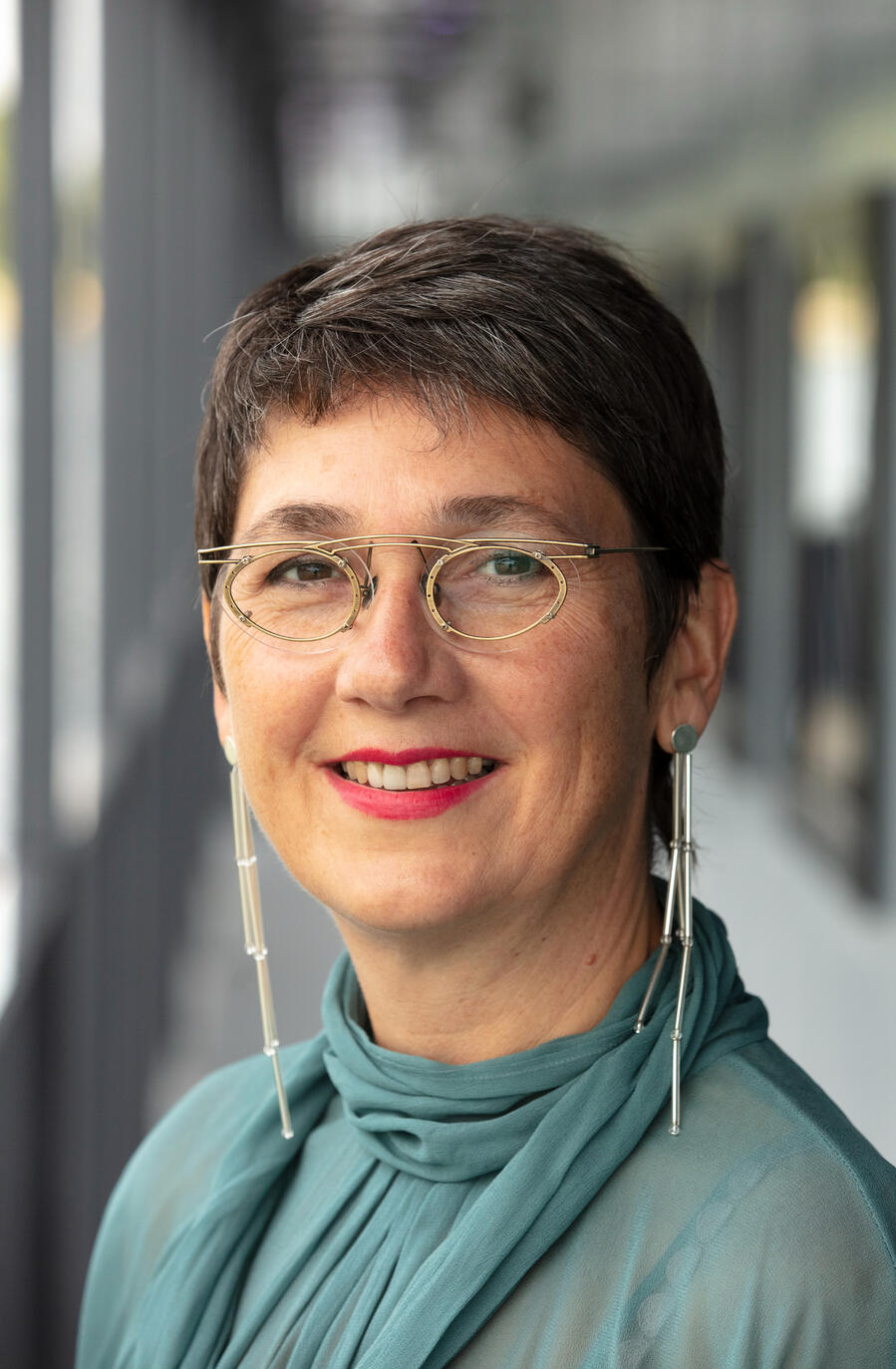
Blue Cluster, Belgium
Lecturer of MREA 2024
Scroll down to read moreAnn Overmeire is Chief Operation Officer at Blue Cluster, a Belgium-based cluster focused on sustainable blue economy with over 180 industry members and 17 public funded partners. Recognised as a spearhead cluster by the Flemish government, Blue Cluster has a dedicated budget for innovation projects. Ann engages with the members and stakeholders and is responsible for the networking agenda as well as the international projects. She assists the CEO in the daily management of the cluster organisation.
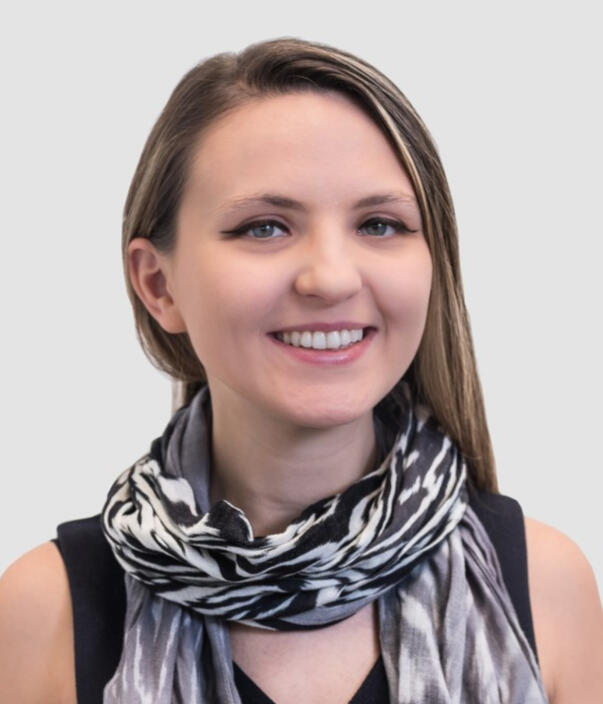
Danish Technology University (DTU), Denmark
Lecturer of MREA 2024
Ashal Tyurkay is an architect with an MSc in Environmental Control and Construction Technologies. She has developed a performance evaluation framework in building and architectural detail design, supporting teaching activities in sustainable building systems and consultancy work for companies. She is experienced both in research and commercial projects, having been worked in Turkey, Belgium, Germany, and Denmark in various universities, architecture firms, and construction and facade design companies. Her portfolio ranges from multi-functional facade panels to co-creating Nature-Based Solutions for urban regeneration.She is currently working at DTU Sustain towards a PhD in Circular Construction Materials. Her main focus is incorporating circular economy principles in the end-of-life management for wind turbine blades. She has assessed the readiness of the wind industry for sustainable decommissioning and explores the environmental, economic, and social impacts of using blade waste in the development of innovative construction materials.
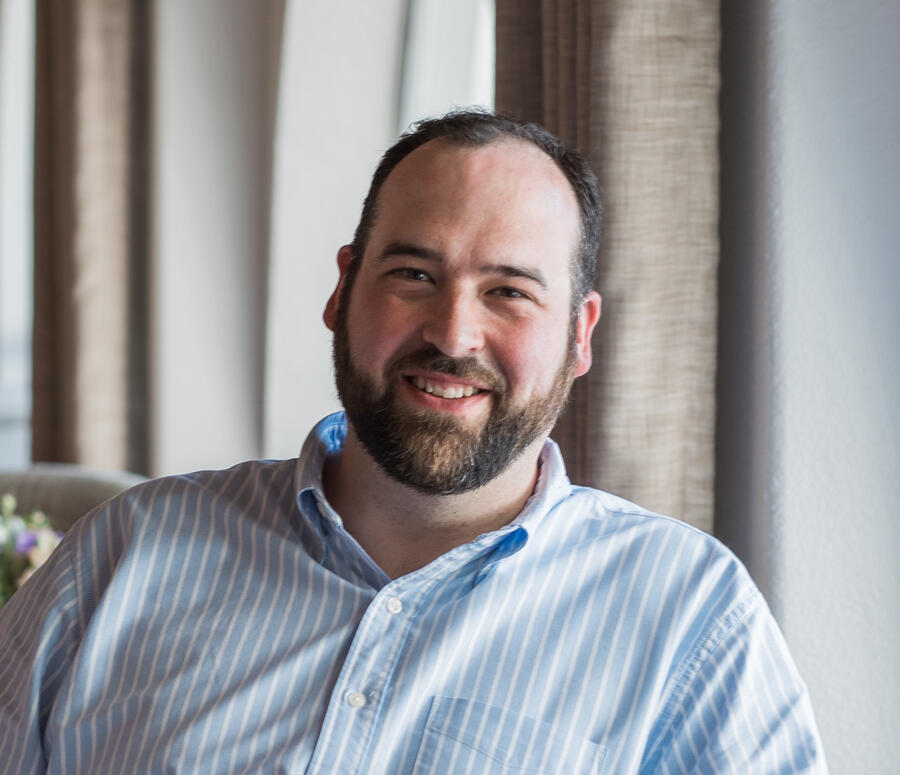
Cierco, United Kingdom
Lecturer of MREA 2024
Alex Gauntt brings more than 20 years’ experience in the concept, development and realisation of renewable energy projects globally. Currently he is the Supply Chain Director of Cierco Energy, developers of floating and fixed bottom offshore wind projects globally. The Cierco portfolio includes the Llŷr 1 & 2 floating wind projects situated around 40 km from the Pembrokeshire, Wales coast, the CADEMO floating wind project off California West Coast USA (within State Waters) as well the ForthWind project off Scotland. The projects will be fully operational before 2030. Having spent more than 20 years in the offshore & onshore renewable energy sectors, with over a decade experience in the offshore wind subsea supply-chain, Alex joined Cierco in 2021 to explore exciting new opportunities to unlock supply-chain innovations and add value for fixed & floating wind projects globally. Alex holds an MSc with Distinction in the Commercial Practice for the Energy Sectors and an MBA.
Company Profile: Cierco is a technology independent renewable energy project developer. Cierco is an early-stage developer accelerating the global development of the renewables industry in multiple geographical locations, with a specialism in offshore wind. Cierco is aiming to accelerate commercial floating wind power through step-wise demonstrations and semi-commercial projects. Cierco will achieve this using next generation turbine platforms with production capacities at 15MW and above, aiming to unlock the renewables potential of new markets globally.
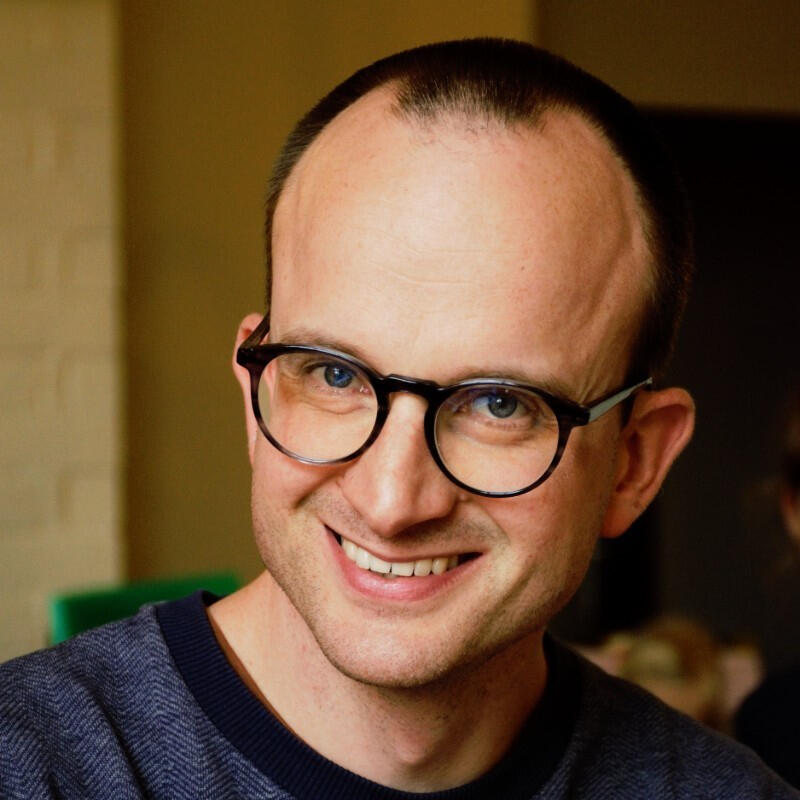
Sirris, Belgium
The innovation companion of the Belgian technological industry
Lecturer of MREA 2024
Scroll down to read moreBram Cloet has over 15 years of experience in the energy sector and currently serves as a Senior Engineer in Energy Transition Industry at Sirris an OWI-Lab, where he focuses on innovation and advancing sustainable energy solutions such as offshore wind and floating solar. In this role he supports innovation by setting up projects aimed at developing new sustainable technologies, by organizing and executing challenging tests for component suppliers and OEMs to validate prototypes or components under extreme climatic conditions.
Prior to his current position, Bram was a Nuclear Electrical Design Engineer at Tractebel (Syngenia) from July 2017 to May 2021. Here, he was responsible for designing, testing and commissioning new low voltage switchboards for Belgian nuclear power plants and determining power supply cables for electrical equipment within the power plants.
From September 2007 to June 2017, Bram worked at CG Power Systems Belgium in various roles, including Project Engineer, Team Leader of Automation, and Team Leader of Electrical R&D Projects. His work involved designing and testing custom high voltage distribution transformers and wind turbine generator transformers, managing teams of project engineers and software developers, overseeing the design of large power transformers, and leading special and strategic projects across multiple international plants.
ir. Bram Cloet holds a Master’s degree in Electro Mechanical Engineering, with a specialization in Electrical Energy, from KULeuven in Belgium, earned in 2007. Additionally, he completed the Avantha Young Executive Programme in General Management at Symbiosis Institute of Business Management, Pune, India, which included coursework in organizational behaviour, financial management, global economics, marketing, project management, entrepreneurship, operations management, and strategy.
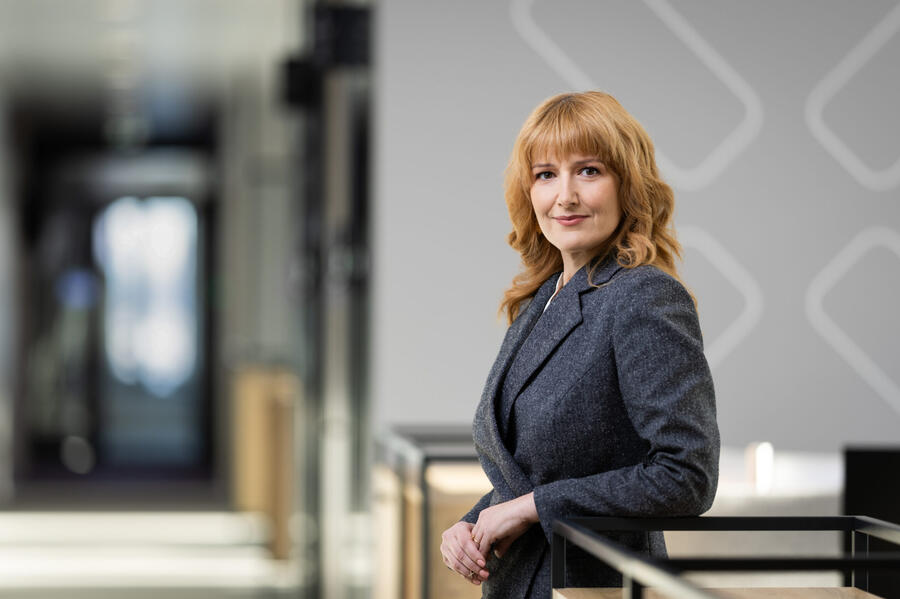
Ignitis Renewables, Lithuania
Lecturer of MREA 2024
Scroll down to read moreAnu Eslas is a distinguished leader in the Baltic Sea and Baltic States energy sector, known for her passionate advocacy of offshore wind energy. Over the past decade, she has played a pivotal role in enhancing energy cooperation in the region. Anu has held prominent positions including CEO of the Wind Energy Association in Estonia, Head of Offshore Wind at the Estonian Ministry of Communication, and VP for Offshore Wind Development in the Baltic States at RWE. She has also spearheaded the ELWIND offshore wind project, a groundbreaking cross-border initiative between Estonia and Latvia, and represented Estonia in the Baltic Energy Market Interconnection Plan (BEMIP) initiatives. Currently, Anu serves as the Head of International Business Development at Ignitis Renewables, a leading green energy company in the Baltics based in Lithuania. Her work focuses on strengthening collaboration among Baltic Sea countries as they navigate the transformative changes in the region's energy landscape.
Lecturers of MREA 2023

Technical University of Denmark,
Department of Wind and Energy Systems Society, Market and Policy
Assoc. Prof. Dr. Niels-Erik Clausen works at DTU Wind Energy with planning and development of wind farms, icing of wind turbines, environmental impact and social acceptability of wind energy. He has been project manager or coordinator of various research projects in this field. Since 2007 he has been teaching planning and development of wind farms as a part of DTU’s two-year MSc programme, where he is a head of the study board. Dr. Clausen brings 15 years of experience working as a mechanical engineer in the private sector before joining DTU.
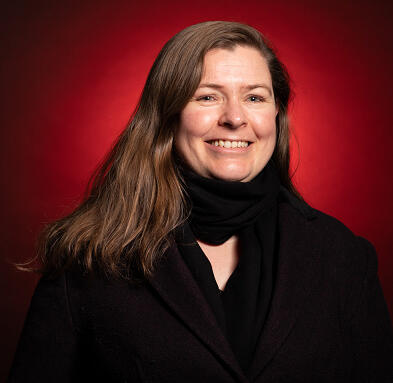
University of Leeds,
School of Civil Engineering
Dr Anne Velenturf works in the Resource Recovery from Waste programme (RRfW) at the University of Leeds where her main role is to facilitate collaboration between their academic, government and industry partners. She is currently Senior Research Fellow in Circular Economy in the School of Civil Engineering. Across the UK, she works with foundation industries such as cement, metals, glass, paper, ceramics and chemicals who manufacture 75% of materials in our economy. Internationally, Anne supports the embedding of circular economy approaches in the wind industry. Dr. Velenturf has explored in her recent research projects circular economy practices into the design, operation and end-of-use management of offshore. She holds various advisory positions for government, research councils and industry within and outside the UK wind infrastructure.
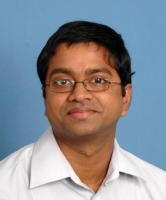
University of Aberdeen,
School of Engineering
Dr Srinivas Sriramula is a Reader in the School of Engineering at the University of Aberdeen, UK. He is Chartered Engineer (CEng, MIMechE) with research interests broadly focused on the development of data-driven risk and reliability modelling approaches for engineering infrastructure, with a focus on energy transition. He has led and been leading industry-funded projects on risk-informed long-term performance of derogated infrastructure at the National Decommissioning Centre, funded through the Net Zero Technology Centre (NZTC). Dr Sriramula has led an Innovate UK funded KTP project to enhance the reliability of safety-critical components, which was rated ‘Outstanding’ by the KTP panel (2022). He has previously collaborated with Lloyd's Register in developing safety factors for offshore wind turbine structures and contributed towards the research activities of the Lloyd's Register Foundation (LRF) Centre for Safety & Reliability engineering at Aberdeen.
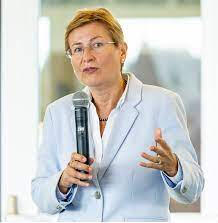
Georgetown University
Dr. Maria Petrova is an environmental scientist at Georgetown University, USA. She completed a Ph.D. in environmental science at Oregon State University, where she focused on examining public opinion on the introduction of wave energy in the state of Oregon. She holds an M.A. in marketing, advertising, and public relations from the University of Sheffield and a B.A. in business administration from the American University in Bulgaria.Petrova’s research and course topics include environmental science and policy, climate change, sustainability, and renewable energy. She serves as a section co-editor of the UC Press journal Case Studies in the Environment and is an associate of Harvard University’s Davis Center for Russian and Eurasian Studies.
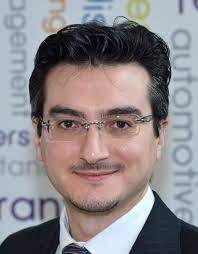
University of Strathclyde,
Department of Naval Architecture, Ocean and Marine Engineering
Dr. Maurizio Collu is a Professor in Offshore Renewable Energy Engineering at the NAOME Department of the University of Strathclyde, Glasgow. His area of expertise is applied mechanics, focusing in particular on multidisciplinary, coupled model of dynamics for offshore renewable energy systems. He develops conceptual and preliminary design methodologies for offshore renewable energy systems.
Prof. Collu is currently the Principal Investigator of one of the five EPSRC Joint UK-China Offshore Renewable Energy flagship projects (INNO-MPP). His research group is focusing on the development of multi-purpose offshore platforms for the sustainable development of small/isolated communities, exploiting the synergies among offshore renewable energy and aquaculture industries. He also contributes to “The Blue Growth Farm” project, focusing on the development and demonstration of an automated, modular and environmentally friendly multi-functional platform for open sea farm installations of the Blue Growth Industry.
Prof. Collu sits on several international committees, including the ITTC Specialist Committee on Hydrodynamic Modelling of Marine Renewable Energy Devices and the OMAE Ocean Renewable Energy technical committee.

Independent Consultant, Practitioner
Jørgen Nellemose is a practitioner with over twenty years of industry experience working in the energy and renewables industry.
He currently acts as Lender's Technical Advisor on large-scale on-/offshore wind power and solar projects and has a vast international experience within the due diligence process, supporting and providing market input to investment projects and business development initiatives, globally, to stakeholders such as developers, utilities, banks, and pension funds.
Mr. Nellemose led a variety of technical and commercial projects across Scandinavia, the UK, Germany, Poland, the Netherlands, Spain, the USA, Mexico, Panama, Columbia, the Middle East, Togo, Nigeria, Angola, Rwanda, Taiwan, Japan, South Korea, Singapore, and China.
He has developed a new cutting-edge risk management framework (incl. qualitative and quantitative risk assessments and stress testing) supporting several projects in Europe and Southeast Asia to advise developers how to improve bids/competitiveness, decrease insurance premiums and be in control, cost- and timewise, through all project phases. Mr. Nellemose is one of the initiators of the creation of the Global Wind Organisation.

Marine Management Organisation (MMO), UK
Dr. Rachel Brown is a Marine Planning Manager at the Marine Management Organisation (MMO) in England. She completed her PhD in marine ecology at York University, where she focused on the impacts of climate change and fishing on benthic communities. She has worked in marine planning at the MMO for a decade, leading the programme of work to deliver marine plans for English waters by 2021. The MMO is responsible for preparing, implementing, monitoring marine plans for English waters and supporting marine spatial planning programmes internationally. Dr Brown leads marine plan development work, including evidence and developmental projects. She is currently leading developmental work to further marine spatial prioritisation in English waters focused on how the long-term deployment of offshore wind impacts can be optimised.
